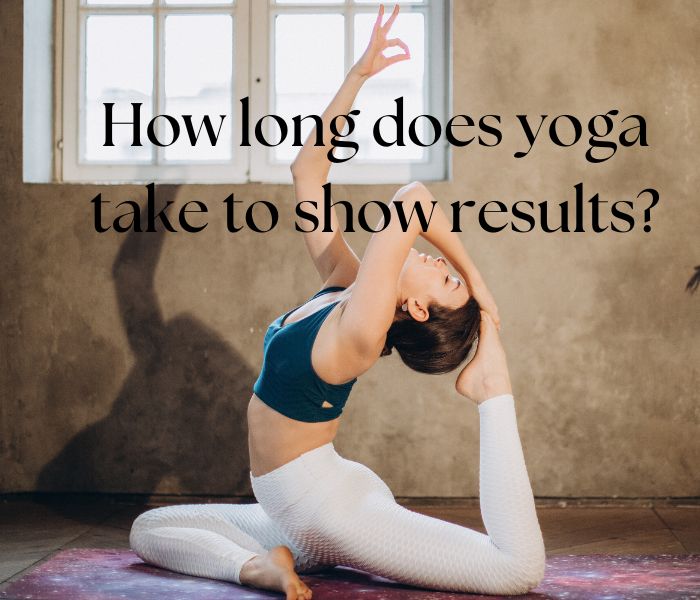
If you’re new to yoga, you might be wondering how long it takes to see results. The answer varies depending on a few factors. Your journey with yoga is unique to you, and your results will depend on your goals, your consistency, and your body’s response to the practice.
For some people, the benefits of yoga are immediate. After just one class, you might feel more relaxed, centered, and focused. However, if you’re looking for physical changes like increased flexibility, strength, or weight loss, it may take a bit longer to see results. In general, most people start to notice changes after practicing yoga consistently for several weeks or months.
Jane of Bikram Yoga Mornington highlights that it’s important to remember that yoga is a holistic practice that benefits your mind, body, and spirit. While physical changes can be a great motivator, don’t forget to pay attention to how yoga makes you feel mentally and emotionally. Whether you’re looking for stress relief, improved sleep, or a sense of connection to something greater than yourself, yoga can offer a wide range of benefits.

Understanding Yoga and Its Benefits
Yoga is a practice that originated in ancient India and has been gaining popularity worldwide due to its numerous health benefits. Practicing yoga involves a combination of physical postures, breathing exercises, and meditation techniques that help to improve overall well-being.
Core Components of Yoga
The core components of yoga include physical postures (asanas), breathing techniques (pranayama), and meditation (dhyana). The practice of yoga involves a combination of these components, which work together to improve physical and mental health. You can also go to Bikram Yoga Mornington to have expert’s training.
Physical and Mental Health Gains
Yoga offers a wide range of physical and mental health benefits. Practicing yoga regularly can improve muscle strength, flexibility, balance, posture, and mobility. It can also help to reduce stress, tension, and fatigue, and improve overall endurance.
Yoga’s Role in Disease Prevention and Management
Yoga has been shown to have a positive impact on a number of health conditions, including back pain, neck pain, inflammation, and weight loss. It can also help to improve the immune system, mental health, and overall well-being.
Yoga has been found to be particularly effective in managing stress, anxiety, and depression, and can help to improve mindfulness and energy levels. It is also a great way to improve overall physical fitness and mental health, making it an ideal practice for people of all ages and fitness levels.
Practical Guide to Yoga Practice
Starting Your Yoga Journey
Starting your yoga journey can be overwhelming, but it is essential to remember that everyone has to start somewhere. If you are a beginner, it is best to start with gentle yoga and gradually progress to more advanced physical postures.
As a beginner, it is also important to focus on your breathing and awareness. The breathing techniques, or pranayama, can help you relax and reduce anxiety. In addition, yoga can help you develop a better sense of mindfulness, which can positively impact your mood.
Developing a Consistent Yoga Routine
Consistency is key when it comes to yoga practice. It is recommended to practice yoga daily, but if that is not feasible, aim for at least three to four yoga sessions per week.
It is also important to have a rest day to allow your body to recover and prevent injury. Developing a consistent yoga routine can help you build strength, flexibility, and balance over time.
Tracking Progress and Results
Tracking your progress and results can help you stay motivated and see how far you have come.

You can track your progress by keeping a journal or using a yoga app that records your practice.
It is important to note that results may vary depending on the individual and their consistent practice.
Some practitioners may see results in muscle definition and improved sleep quality after a few weeks, while others may take longer.
Young adults had better balance after doing three 1-hour yoga sessions per week for 5 weeks, according to research.
However, remember that yoga is not a quick fix, and you need consistent practice to see results.


